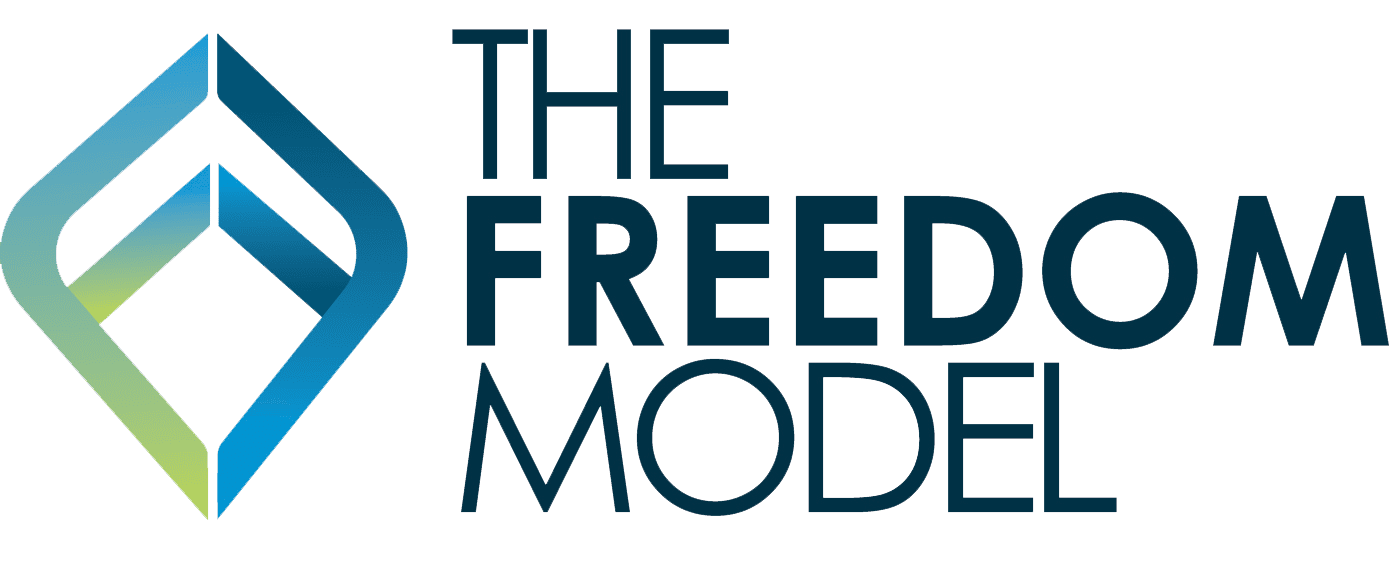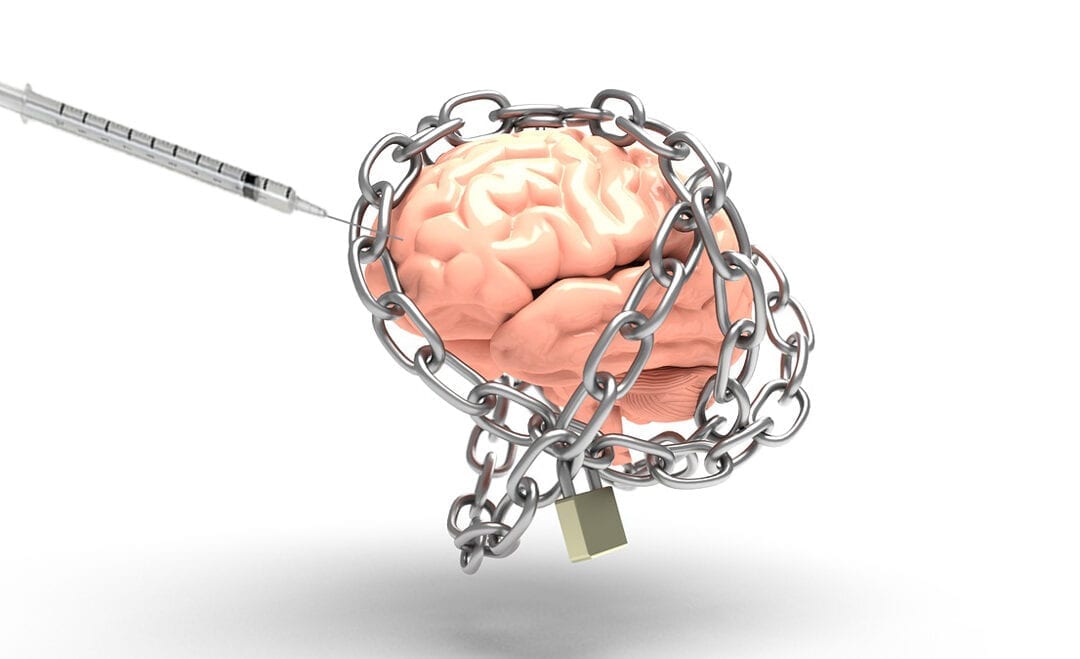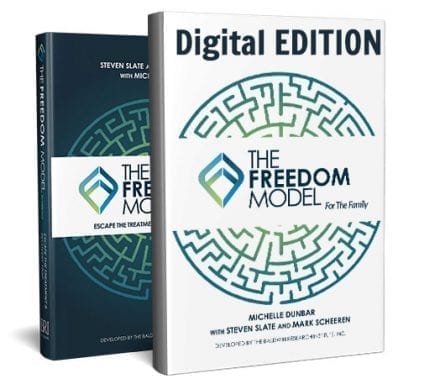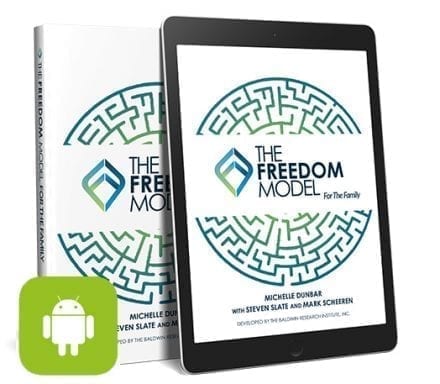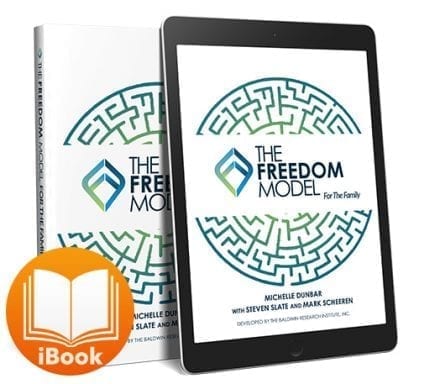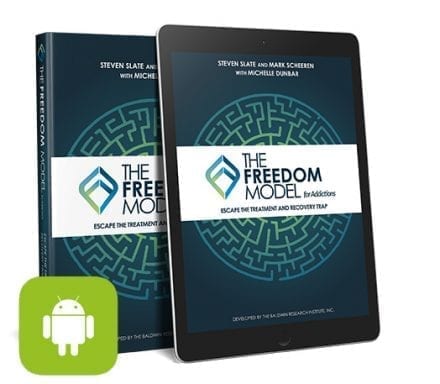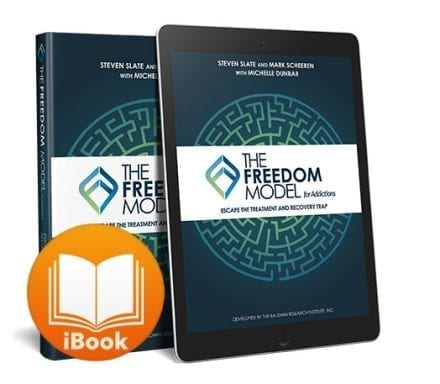We hear this said all the time, “My depression causes me to use.” Or, “I have mental illness and I self-medicate to get through it.” Statements like this are common. While I’ve addressed this topic in many other articles and in The Addiction Solution Podcast, it bears reviewing over and over again for those that hold this belief.
People struggle to understand the difference between believing you are caused to use substances by various factors, moods, and circumstances, versus having a reason to use substances. Believing you are caused to use substances takes choice and reason completely out of the equation – in this perspective when you experience stress, depression, anxiety, or traumas, using substances heavily is automatic in much the same way putting a lit match to gasoline fumes creates an explosion.
If you believe mental illnesses “cause” you to use substances, you will use them anytime you feel any mental and emotional struggles in your life. It is a self-fulfilling prophecy that reinforces itself in your mind each time you act it out. You literally become what you think. While this view seems plausible on its face and has become quite popular in addiction treatment and the recovery sub-culture, let’s take some time now to break it down and see if it’s actually true.
Chapter 6 of The Freedom Model for Addictions has some data that is relevant:
“In another similar survey, National Epidemiologic Survey on Alcohol and Related Conditions (NESARC) 2001-02, where further data was collected and addiction recovery rates were identical, it was found that those addicts with other mental illnesses were no less likely to recover from their addictions than those without mental illnesses.
The NESARC researchers also specifically analyzed the mental illnesses most common to addiction treatment patients:
“Mood disorders included DSM-IV primary major depressive disorder (MDD), dysthymia, and bipolar disorders. Anxiety disorders included DSM-IV primary panic disorder (with and without agoraphobia), social anxiety disorder, specific phobias, and generalized anxiety disorder.”
And they found that:
“No association was observed between mood and anxiety disorders and dependence remission for any of the substances assessed.”
So, not only was there no evidence that conditions like depression, bipolar, and anxiety (stress), cause people to “stay addicted”, there was also no correlation found. Let’s sum up what we’ve presented here:
- Only 1 out of 5 people with mental illnesses said to “cause addiction” actually have addictions.
- The rate of remission from addiction is twice as high as the rate of remission from other mental illnesses.
- Addicts who have other mental illnesses (“co-occurring disorders”) are just as likely to recover from addiction as those without other mental illnesses.
If you want to see your emotional problems as the cause of your heavy substance use, you certainly can make that choice, but you would be holding onto a belief that is false. If you accept the data presented above, the only logical conclusion is that your choice to continue heavy substance use is causally independent of the presence of other mental health issues. The question for you personally then becomes whether or not heavy substance use is a proper and useful response to your emotional problems. That is, does heavy substance use effectively help to relieve your psychological issues in a way that makes it worth the costs involved to you?”
That last statement is where all the power lies. The fact is, most people reason their way to heavy use because they believe it helps them in some way. You can call it “self-medication” if you want, but the question you must then ask yourself is, “Has “self-medicating” with substances worked for me? Has it lessened my depression and anxiety; have my memories of trauma been eradicated? Is my substance use doing for me what I want it to do?”
Over the last 31 years, I’ve asked those questions to every guest/student I’ve taught, and I’ve never had a single one say, “Yes, all my personal struggles (demons, mental illnesses, etc.) are eliminated as a result of my use. The self-medication method works well.” Of course, I do hear them give partial credit to the method with the following – “For a little while I get some relief.”
Yet, even when these folks answer this way, they ignore the fact that the physical buzz is a chosen distraction. This is when I challenge their beliefs with the fact that the drugs don’t pharmacologically drive out thoughts of trauma, anxiety or depression. Most remain skeptical but as we work through the book they begin to realize that they choose to put their mental focus on the physical pleasure of the buzz for a brief time thereby temporarily choosing to distract themselves from their mental illnesses or symptoms. As they think back on their experiences they realize that within a short few hours their focus on their struggles returns out of pure habit. Furthermore, a rumination on the struggles and painful thoughts and emotions (or mental illness symptoms such as depression, anxiety, or memories of trauma) becomes the name of the game, deepening a habit of self-pity, emotional strife, and histrionic behavior. So any brief benefits that might have happened as a result of choosing to focus on the buzz are overwritten quite quickly by the return to an emotional dedication to our misery within a few hours into the binge.
Here is why this is important. The human mind is where you build and experience your life. Your thought-life is life. Substances don’t have a mind of their own that can infiltrate your mind and change your thoughts to something better. That part is all you. You get to choose how you think and act, and drugs cannot be a medication for life’s difficulties; they just don’t have the pharmacological properties to do so. When you look at the data, this all comes into focus. Again, it’s important to understand the data: even people who are diagnosed as addicts/alcoholics who have other mental illnesses (“co-occurring disorders”) are just as likely to recover from addiction as those without other mental illnesses. So here we see that at best, mental and emotional problems have a weak correlation to heavy substance use, and more importantly, this fact provides the incentive to let go of the belief that emotional struggles automatically cause you to have addictions.
Mark Scheeren is the co-author of The Freedom Model for Addictions, Escape the Treatment and Recovery Trap, and is the co-founder and Chairman of the St. Jude Retreat, the only residential non-12 step model for addiction in the world. For addiction help, call 888-424-2626
